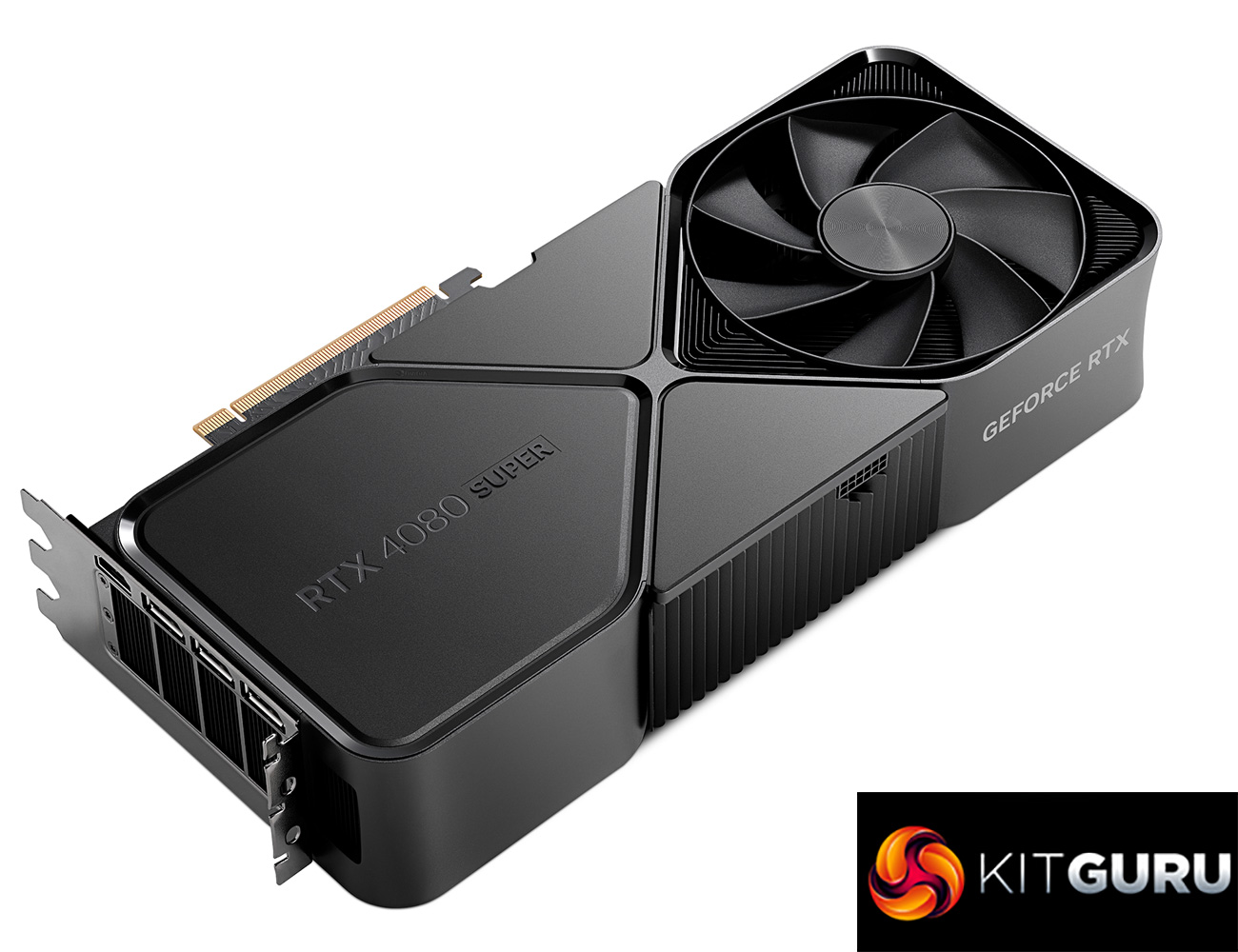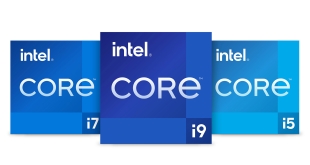As the last of three RTX 40-series Super launches this month, there is no doubt the Nvidia RTX 4080 Super is the least interesting of the lot, for the simple reason that it brings no tangible performance benefit over the outgoing RTX 4080. The refreshes started strongly with the RTX 4070 Super coming in a good 15% faster than the 4070, while the RTX 4070 Ti Super delivers performance that's a touch ahead the RTX 4070 Ti but with VRAM and memory bandwidth increased by a third. Today we've assessed the RTX 4080 Super and found it to be… 1% faster than the RTX 4080.
That's right, across twelve games at 4K resolution, the RTX 4080 Super came in 1% faster on average. Nine of the twelve games tested showed a difference of less than 2%, while we saw a performance increase of more than 3% in just a single game. The differences are so marginal that the silicon lottery could well mean a higher-performing RTX 4080 would actually outperform a slightly below-par RTX 4080 Super, and in fact that's exactly what we did find in our review of the Palit JetStream OC.
As lame as that is, it's important to remember we are still talking about a very fast GPU here – it may be an entirely uninteresting difference compared to the original 4080, but it is nonetheless a very capable 4K card, averaging 73FPS across our twelve game suite. It is also second only to the RTX 4090 when looking at ray tracing, admittedly by quite a distance, but the reality is AMD has nothing that can compete in this segment if you value RT performance, given the 4080 Super proved 30% faster than the 7900 XTX over the eight ray traced games we tested.
Clearly, the RTX 4080 Super is all about the new lower price-point, rather than the almost non-existent performance improvements over the RTX 4080. As a reminder, RTX 4080 launched in November 2022 for £1269/$1199, while the 4080 Super is now hitting the market at £959/$999. Offering the same performance for a price that's £310 lower doesn't sound too bad, and it does improve the cost per frame by 26% over the RTX 4080 when looking at the launch MSRPs.
We can't deny that is a good thing, but I also can't help but wonder how much it actually changes in reality. After all, this is still a graphics card priced near £1000, so it's not exactly aimed at the mass market. Would anyone who had been holding off a 4080 purchase for over a year now suddenly be convinced by a £200 savings? If you were already set to pull the trigger on a full-priced 4080, then sure, you just saved yourself a couple hundred quid, but I'd love to know how many people who haven't bought a new GPU this generation could now be swayed by the 4080 Super.
That's because, even with the lower starting price, it's not like the RTX 4080 Super has suddenly become a great value GPU. Based on our cost per frame data it's barely offering better value than the three year-old RTX 3080 10GB, being 53% faster but 48% more expensive. AMD's RX 7900 XTX also remains a real threat for those primarily interested in rasterisation performance, with that GPU now available at £870 while being 6% faster on average at 4K.
The biggest question mark for me is exactly why we needed the RTX 4080 Super in the first place. From my perspective, considering the Super refresh has not improved performance in any meaningful way, a price cut to the original RTX 4080 would have had the exact same effect. Indeed, the fact that the 4080 Super is no faster than the original model means it'll be worth keeping an eye out for any deals as the 4080 gets phased out, as if you can find one for even slightly less money than the 4080 Super, you're really not missing out by opting for the OG version.
At the end of the day, the RTX 4080 Super has improved Nvidia's position in this market segment. Not by offering any meaningful performance gains, but by lowering the price-point to really squeeze AMD and the RX 7900 XTX in particular. I do find it to be a very lacklustre launch overall for the reasons outlined above, but the fact remains, if you are shopping for a £900-£1000 GPU, the Nvidia RTX 4080 Super is probably the card to get.
Nvidia sent the following retail links for the RTX 4080 Super:
- Founders Edition (Nvidia Store)
- Zotac Trinity Black (Scan, OCUK)
- Palit JetStream OC (Scan)
- Gainward (OCUK)
Discuss on our Facebook page HERE.
Pros
- Great 4K gaming performance.
- Second only to the RTX 4090 for ray tracing.
- Lower starting price does improve value over the original 4080.
- Most efficient 40-series GPU yet.
- DLSS support is a strong value-add.
- Founders Edition is a real looker.
Cons
- No real amount faster than the RTX 4080 it replaces.
- Still a very expensive graphics card.
- Next to no improvement in cost per frame versus the previous-gen RTX 3080 10GB.
- RX 7900 XTX is faster for rasterisation while now priced at or below £900.
KitGuru says: Don't think of it as a new graphics card, but as a simple price cut for the original RTX 4080.
 KitGuru KitGuru.net – Tech News | Hardware News | Hardware Reviews | IOS | Mobile | Gaming | Graphics Cards
KitGuru KitGuru.net – Tech News | Hardware News | Hardware Reviews | IOS | Mobile | Gaming | Graphics Cards




